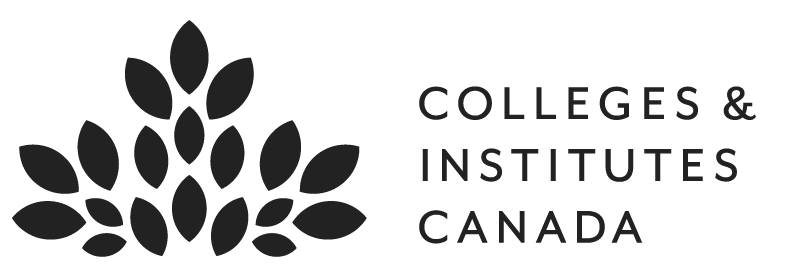Students will practice the skills of motivational interviewing for smoking cessation in a virtual environment by interacting with patients/clients to engage them in discussion, elicit change talk, and manage ambivalence and resistance to quitting smoking. Students will use the principles of client-centred care and effective communication in goal setting and assistance in smoking cessation.
Learning Objectives:
By the end of this scenario, participants will be able to
- Engage with virtual patients/clients in a virtual environment in a professional, client-centred manner. (A1.3, B1.1, C3.1-C3.6, D1.1-D1.4)
- Establish effective communication skills through the ability ask open-ended questions, reflective listening, affirmations and summarizing patient/client statements to encourage understanding of their needs. (C1.1-C1.7, G1.1)
- Assess and analyze a client’s readiness to change using the methodology of DARN CAT while developing a positive attitude towards change: (G3.1-G3.5, I1.1, I1.4)
- Identify and respond to signs of ambivalence and resistance in patients/clients.
- promote self-efficacy in patients/clients in supporting them to recognize their strengths and past successes in making positive changes. (I1.4)
- Apply the Ottawa Model for smoking cessation approach with patients/clients: (A1.1-A1.5)
- Develop client-centred intervention plans: (G1.1, G1.2, G3.1-G3.5)
- Collaborate with patients/clients in developing a SMART goal for smoking cessation.
- Assist patients/clients in identifying triggers and coping strategies.
Simulation Modality:
Virtual gaming simulation / virtual patientKeywords:
311, Stitch MediaCitation:
Biesheuvel S, Chartrand L. Motivational Interviewing for Smoking Cessation. Simulation resource published by Simulation Canada; 2025. Available from https://simulationcanada.ca/scenario/motivational-interviewing-for-smoking-cessation/.
Copy Citation
License:
The information about this resource and any downloadable files are shared under a Creative Commons Attribution-NonCommercial-ShareAlike 4.0 International License.




Target Learners
Interprofessional:
No
Profession:
Respiratory Therapy
Levels:
Undergraduate / post-secondary
Fields / Disciplines:
Communication
Primary care / community care / family practice

